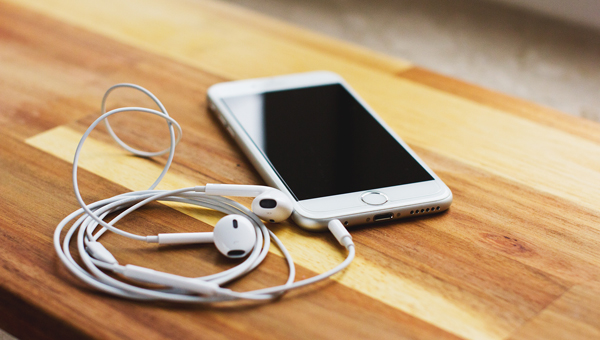
Technology changes fast. And new advancements are announced with great fanfare. The promise of changing how we interact with the world is just as standard on new technological devices as a power-on button. This promise sounds good to us. And so we buy and buy these devices in incredible numbers. Meanwhile, our old devices sit around because we’re not sure what to do with them. Is ever-growing device clutter inevitable?
Experts in the tech world make a distinction between technical obsolescence and functional obsolescence.
Technical obsolescence occurs as soon as your device is surpassed in its features by another device of its type—for example, the maker of your smartphone comes out with a newer model ten months after you bought yours.
Functional obsolescence, on the other hand, occurs only when your device no longer works like it’s supposed to. That happens, for example, when the software it runs ceases to work properly and is no longer supported by the manufacturer.
A lot of us are tempted to buy something new soon after reaching the point of technical obsolescence. If we find out that the cool new gadget we bought last month has been replaced on the market by an even cooler one, then we want that one!
I would argue that we should wait until we get closer to functional obsolescence with our devices. So what if we don’t have the newest thing? Who’s really going to care?
Now, I am not against the development or use of technology. In fact, I’m pleased to say that minimalism is more possible today than ever because of technology. In my phone, I carry movies, books, music, maps, a calendar, plane tickets, and an address book (just to name a few)—all things I don’t have to maintain in bulkier formats. Technology is one reason minimalism continues to grow; it has never been easier to own less.
But I fear that these days many assume new technology automatically makes things better and only adds convenience. This is not true.
In fact, when we don’t consume technology in a mindful way, it often adds clutter to our lives. It quickly drains our energy, our time, our room, and our bank accounts. Who among us hasn’t wasted an entire afternoon trying to get a computer to accomplish one seemingly simple thing?
When deciding whether to buy or to hang on to devices and gadgets—both in the present and the future—the filter we need to employ is the simple question “What problem does it solve?”
Technology should make our lives easier by solving problems both at home and at work quickly and more efficiently. But if our technology is not solving a specific problem for us, it is only adding to them.
Eliminating the clutter caused by holding on to old devices (and cords and batteries) that we are no longer using is often just a matter of taking the time to dispose of them properly. Most areas have electronics donation and recycling centers.
But what about our future purchases?
Buying a new phone just because the upgrade has become available is foolish if it doesn’t improve your life. The same could be said of cameras, home entertainment equipment, and computers. You don’t need a bigger-screen television if you can see fine with the one you currently have. Rarely do people regret waiting as long as possible to upgrade their technology. You don’t need to line up to purchase a new product just because the corporation that manufactures it says you need it.
What you need to do instead is count the full opportunity cost of your purchases. What else could you do with the money you won’t spend if you pass up a tech purchase? Pay down your debt? Enjoy a weekend vacation? Replace that worn-out mattress you’ve been using longer than your last phone?
Start asking if new technology is really improving your life or taking you away from what matters.
Hanging on to technology for a while isn’t the end of a dream. It’s the beginning of making greater progress toward what you want out of life.
“Device Advice” is an excerpt from The More of Less.
from Becoming Minimalist http://ift.tt/2ChxiC4
Aucun commentaire:
Enregistrer un commentaire